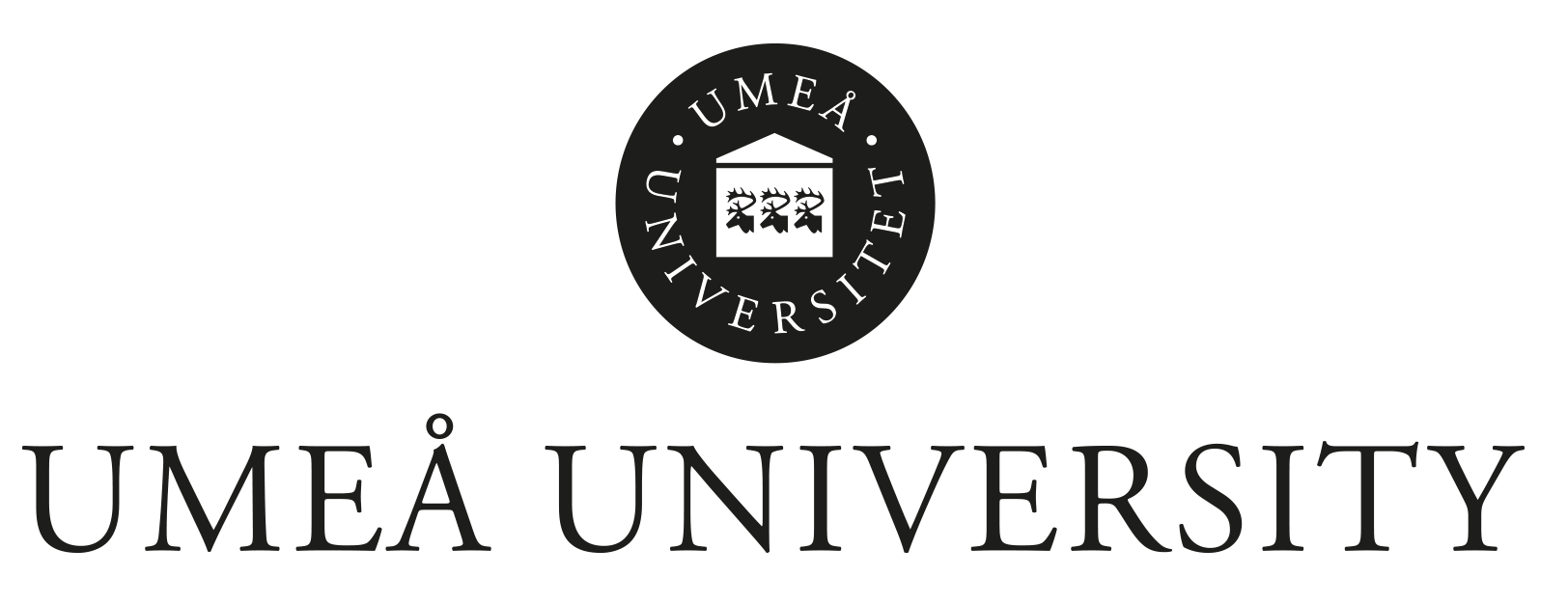The Curatorial Research group meets regularly to discuss curating contemporary art as research process and as a form of knowledge production. This new partnership with Bildmuseet is chaired by curator Anca Rujoiu who is currently undertaking doctoral research in the Curatorial Program at Monash University in Melbourne, Australia. The group brings together curators and curatorial researchers focusing on critical frameworks for curatorial practice, new curatorial methodologies, and situating curatorial knowledge in the international field.
people: Ele Carpenter
Ele Carpenter will present her recent curatorial fieldwork from the Northern Territory of Australia, the Joint Research Centre of the European Union, Ispra, Italy; and the Onkalo repository for high level radioactive waste in Finland. This curatorial research into planetary nuclear aesthetics invites us to stay with the trouble of the Nuclear Anthropocene through a decolonial unravelling of the spatial and social aesthetics of nuclear technoscientific practices. The research investigates relationships between nuclear contexts, visual culture and artistic practices, moving between studio visits, field work, undertaking radiation protection surveys, and participating in expert working groups. Findings are presented in public lectures, written essays and curated exhibitions which define new conceptual frameworks for critical analysis of the visual and material conditions of nuclear art and culture.
Ele Carpenter is Professor of Interdisciplinary Art and Culture and Director of the UmArts Research Centre at Umeå University. Ele’s curatorial research is focused on Nuclear Culture, specifically decolonizing the European discourse on Radioactive Waste Management. She is a member of the NEA/OECD Forum for Stakeholder Confidence on geologic disposal of high level radioactive waste, and her current research and writing is supported by the RJ Sabbatical Fund and a Vetenskapsrådet Exploratory Research Grant.
The UmArts Displacement and Hospitality working group brings together researchers from different disciplines exploring the relationships between host and guest in relation to migration and displacement in the north of Sweden. Several researchers across UmArts are investigating the urgent relations of hospitality and care involved in moving between countries and cities, from the physical process of moving a house, to rethinking Swedish Building standards, and the challenges of addressing issues of migration and the right to work.
In 2022 the ‘Moving North’ project was awarded a New European Bauhaus / ArkDes Vision I Norr fund for developing proposals to increase social integration in the city by exploring forms of reciprocity between migrants, refugees and host communities. Moving North was a cross-sectoral team consisting of an artist, a curator, architects, a cultural geographer, architecture students and the organization Hej Framling. Based on a strong foothold in northern Sweden and with experience of both collaboration and participant-based methods in places with increased migration and relocation, Moving North critically explored how different placemaking processes can promote social participation and social sustainability. Their findings are recorded in the short film ‘Folketstad: A city of many parts’ 17:40 which address the challenges of restrictive migration and labour laws on people’s well-being at a time when the North is rapidly expanding and recruiting a new workforce.
The Moving North group presented their research at the Transformations 22 Conference ‘Artistic Research in a Time of Change’ at Vetenskapens hus, Luleå University of Technology, 17-18 November 2022; and at the European Conference in Umeå, February 2023.
Film Sketched by Moving North, Vision i Norr, 2022
In 2022 the ‘Moving North’ project was awarded a New European Bauhaus / ArkDes Vision I Norr fund for developing proposals to increase social integration in the city by exploring forms of reciprocity between migrants, refugees and host communities. Moving North was a cross-sectoral team consisting of an artist, a curator, architects, a cultural geographer, architecture students and the organization Hej Framling. Based on a strong foothold in northern Sweden and with experience of both collaboration and participant-based methods in places with increased migration and relocation, Moving North critically explored how different placemaking processes can promote social participation and social sustainability. Their findings are recorded in the short film ‘Folketstad: A city of many parts’ 17:40 which address the challenges of restrictive migration and labour laws on people’s well-being at a time when the North is rapidly expanding and recruiting a new workforce.
The film documents the Moving North group process of researching social integration in the city of Skellefteå in Northern Sweden. The film raises difficult questions about migration, social cohesion and displacement, highlighting who is included and who is excluded from the rapidly expanding development of Sweden’s northern cities. The new employment opportunities open doors for many, but at the same time we see how legal boundaries create extreme forms of social exclusion. Traveling to designated refugee housing on the outskirts of cities demonstrates the processes of bordering and a distance created by national legislation and societal processes. These questions concern migration legislation at the national and European level.
The Moving North project for Vision I Norr was supported by the New European Bauhaus, Skellefteå Kommun, ArkDes, Energimyndigheten, Vinnova, Formas, Boverket.
The Moving North Research Team includes: Umeå School of Architecture: Robert Mull, Sangram Shirke, Amalia Katapodis, students Navid Ghafouri and Emmy Nelson; Ele Carpenter, UmArts; Linda Sandberg, Umeå Centre for Gender Studies; at Umeå University. Sandi Hilal, Decolonising Architecture and Lund University; Marina Långdahl, Hej Framling! Västerbotten.
The film is available for film screenings and discussions at conferences and public events.
